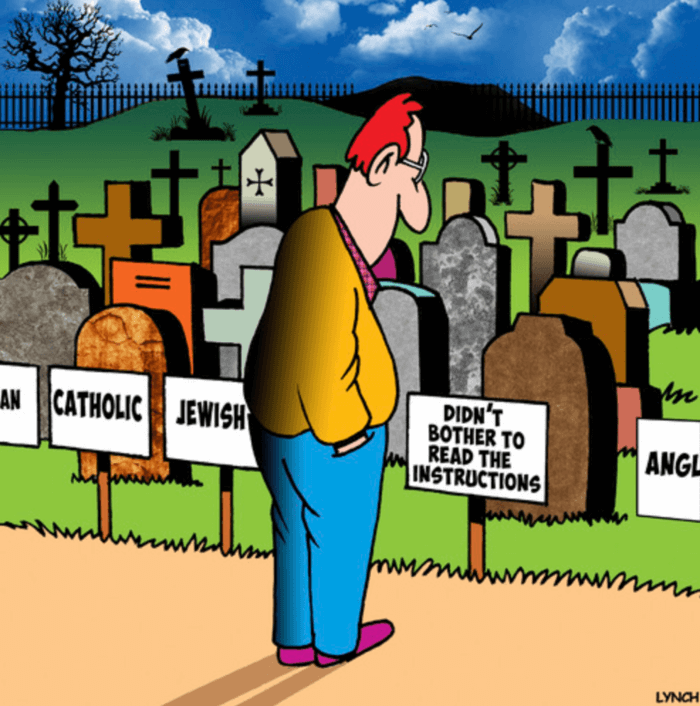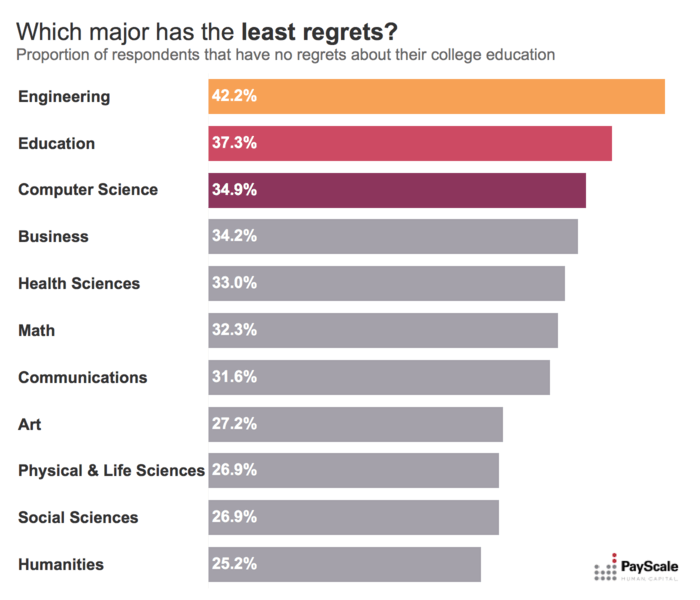
What is the most widely utilized, but often poorly-executed, Common App essay topic?
Believe it or not, it's you.
You are probably a bad Common App Essay topic.
Counterintuitive, right?
Writing an autobiography is one of the most common mistakes applicants make when brainstorming essay topics.
Truth be told, it’s difficult to make an absolute statement on what a good or bad essay topic is.
More often than not, it's the execution of an essay topic, as opposed to the topic itself, that will determine whether or not you have a strong essay.
That being said, there are some essay topics which are typically more DIFFICULT to turn into a good, unique, and personally insightful essay. They are as follows:
- Essays about a competition or performance
- Essays about charities or service initiatives
- Essays about music or art
- Essays that are simply infeasible from an execution standpoint
Now, why do these topics typically produce subpar essays?
Regarding the first three topics form the list above, these essays usually fail to show authenticity and originality, and are susceptible to tones of arrogance and self-praise.
These essay topics are typically overused and fail to showcase yourself in a way that is unique.
Moreover, these topics will often tempt you to talk exclusively about yourself and your accomplishments.
Finally, sometimes the topic is too big to effectively convert into a 650-word essay.
Even topics that are great in theory can be ruined by attempts to compress them into an essay as short as the Common App essay.
So what generally makes for a good essay topic?
Here’s a big one: telling a story through the len of a relationship.
Writing about a relationship - between yourself and another person, place, or thing that is personally meaningful - is an effective way to circumvent the pitfalls of the aforementioned bad topics.
It will allow you to avoid seeming conceited, show care, humility, and personal development, and showcase yourself without coming off as self-centered.
Relationships offer a great opportunity to demonstrate personally insightful material.
Throughout your Common App, there are more than enough opportunities to showcase your accolades and expertise.
The Common App essay is a unique opportunity to show your character - how you grow, your unique way of moving through the world, how you interpret experiences, your capacity for empathy, humility, and vulnerability.
Put simply, a bad essay topic makes it more difficult to accomplish those things. While every topic can become a great essay, great topics make it easier to accomplish that goal.








